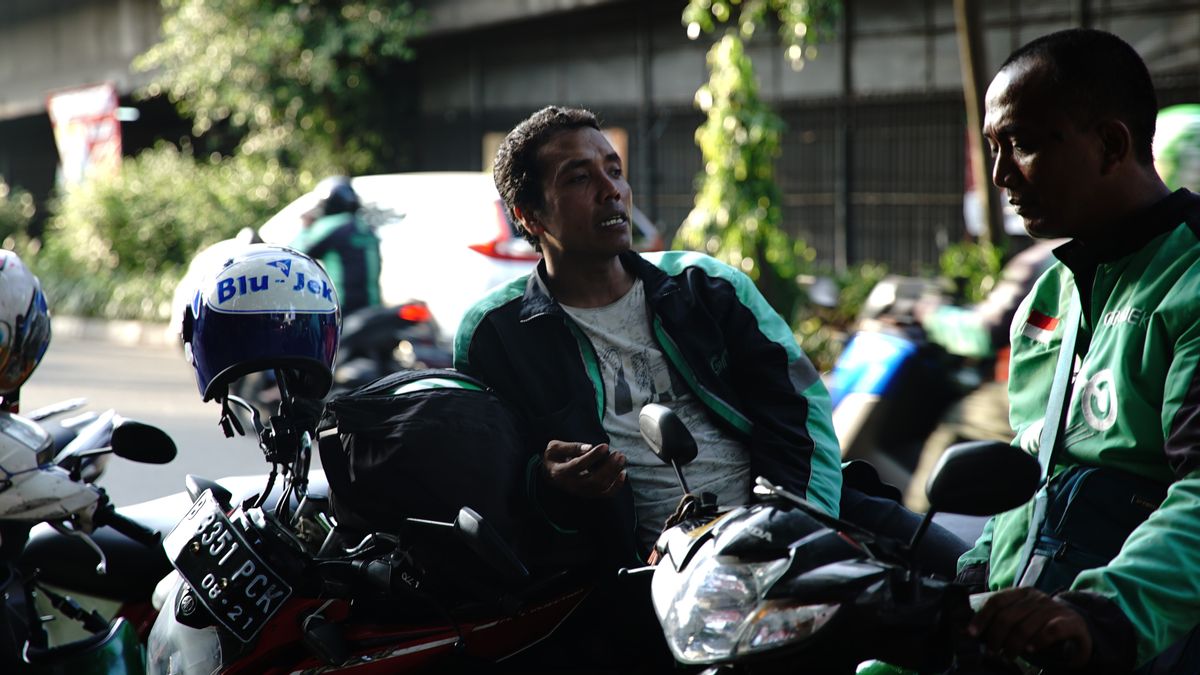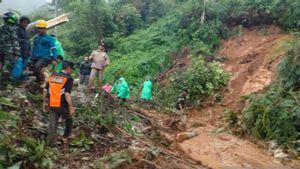
JAKARTA - Grab, employs 300 information technology (IT) experts. This is done to increase user confidence regarding security in the application.
"The team is based in our R&D locations in Jakarta, Kuala Lumpur, Singapore, Bangalore and Seattle," said Head of Integrity (User Trust, Identity & Access Management, Safety, Grab Financial Risk), Wu Ngiap Foo, as quoted by Antara. , Thursday, November 19.
Grab is committed to achieving zero preventable incidents. Therefore, Grab has presented various new features, including facial authentication supported by artificial intelligence (AI) technology.
Drivers are required to take real-time selfies for verification before they start online activities and accept orders to prevent incidents, such as sharing accounts of unregistered driver partners or renting out registered accounts.
This machine learning model can determine whether a face is appropriate or not based on movement and lighting. Meanwhile, passengers are also asked to take selfies to minimize risks, such as users who might use Grab for illegal activities.
In the current pandemic, Grab is also adapting selfie technology to verify faces with masks. This feature has been launched for a month, and is said to have an accuracy rate of 99.5 percent.
In addition, Grab has also introduced ride monitoring technology to detect possible incidents. There is also a technology that detects when a driver-partner makes screenshots of the passenger's identity.
Broadly speaking, Grab takes a 360 degree approach to digital security with a Risk strategy from Grab that focuses on user awareness with education, technology with improved authentication methods, and partnerships with government and law enforcement.
Grab also continues to develop technological innovations in ensuring the safety of users and driver partners.
"We continue to add intelligent authentications to ensure digital security with a machine learning model. We also learn from our experience that to fight fraud, we cannot fight it ourselves as a company," said Wu Ngiap Foo.
"To make Southeast Asia a digitally safer location, we must work closely with other digital platforms as well as to reduce the overall level of fraud in the Southeast Asian digital ecosystem," he added.
The English, Chinese, Japanese, Arabic, and French versions are automatically generated by the AI. So there may still be inaccuracies in translating, please always see Indonesian as our main language. (system supported by DigitalSiber.id)








